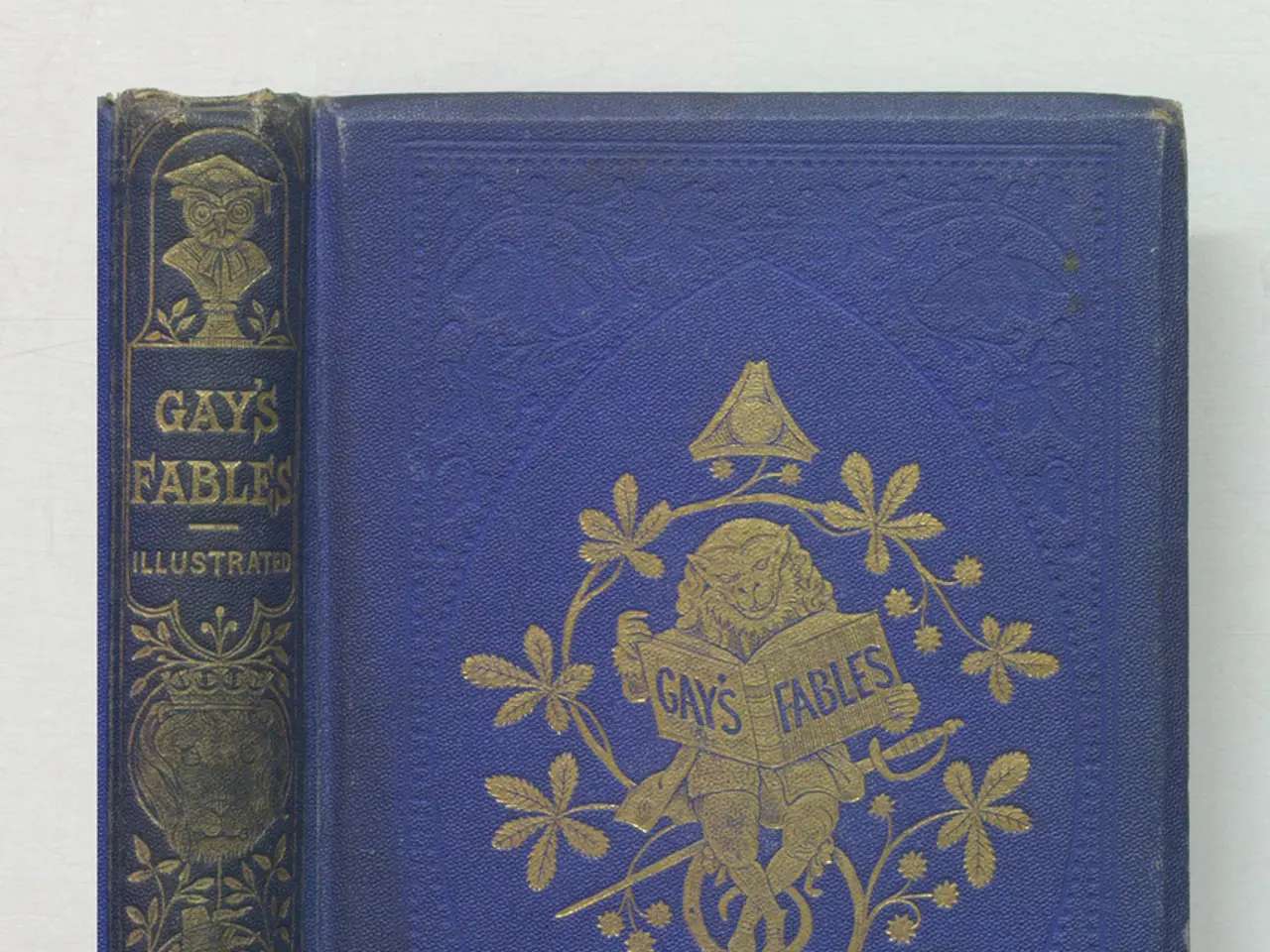Struggle advocating for LGBTI individuals' fundamental rights
The African Commission on Human and Peoples' Rights (ACHPR), a body authorized to investigate violations of rights and empowered to prevent such violations as enshrined in the African Charter on Human and Peoples' Rights (ACHPR), is under increasing pressure to address the challenges faced by the LGBTI community.
Building a strong LGBTI movement is currently the greatest challenge, with no specific organization yet receiving observer status at the Commission. However, the Coalition of African Lesbians (CAL) meets the criteria for obtaining observer status, and all organizations that applied simultaneously with CAL in 2007 were granted the status.
The continued violence against black lesbians in South Africa and the violation of intersex people's rights in cases like Muasya in Kenya highlight the urgent need for action. Decriminalization of same-sex acts is important, as it can provide a clear difference for people whose daily lives are disrupted and who live in constant fear of being outed or blackmailed.
Strategic partnerships with other civil society groups, cooperation with the judiciary, and recognition by key actors that the harassment and persecution of LGBTI persons are human rights issues are increasingly considered prerequisites for using the courts to defend LGBTI rights. The African Charter prohibits torture and cruel, inhuman, and degrading treatment, providing a necessary protection for LGBTI persons from the aggression they face.
Articles 60 and 61 of the Charter allow the Commission to refer to international law and norms that are recognized as such. The Charter also grants rights to 'every individual', 'every human being', and 'every citizen' without discrimination based on any difference. The list of characteristics on which one cannot be discriminated, while not exhaustive, has been interpreted to include sexual orientation in comparable jurisprudence.
The African Union has not taken a public position on the issue of sexual orientation, and many governments prefer to avoid this topic. However, Egypt successfully introduced a motion at the 15th AU summit in July this year that calls on member states to reject divisive efforts that attempt to impose controversial concepts outside the internationally and regionally agreed legal framework on human rights.
The invisibility and marginalization of issues affecting other groups, such as transgender and transsexual individuals, could harm the unity of the LGBTI movement. In the struggle for legal recognition of rights, this is a critical issue to address. The women's rights movement has proven to be one of the traditional allies of the LGBTI movement, but many women's rights groups have been deterred from aligning with the LGBTI movement due to competition for attention, scarcity of resources, and the argument that engaging with LGBTI issues could negatively impact their main concern.
Rights are not enforceable solely through parliaments and courts, especially in a context where the state is the largest perpetrator and unwilling to remove discriminatory provisions from its law books. Legal proceedings may not be the right way forward as they require more work outside the courtroom than within it. The idea that discriminations faced by LGBTI people violate human rights is not new, and the Commission's willingness to address questions of freedom of association could signal its readiness to address these issues.
If the Commission grants CAL observer status, it could signal the Commission's willingness to address questions of freedom of association, as some states still refuse to officially register organizations that advocate for human rights related to sexual orientation and gender identity. It remains unclear why the Commission has not yet made a decision regarding the granting of observer status to CAL. The Commission has tracked violations of LGBTI rights by member states and has expressed concern about a lack of tolerance towards people of different sexual orientations.
In conclusion, the African Commission on Human and Peoples' Rights faces significant challenges in addressing the rights of the LGBTI community. The continued violence against black lesbians, the violation of intersex people's rights, and the invisibility of issues affecting other groups are just a few examples of the urgent need for action. The African Charter provides a sufficient basis for the recognition of all rights, including the rights of LGBTI persons, and grants the right to life, the integrity of the person, freedom and security of the person, as well as the respect for human dignity. The Commission's decision on the granting of observer status to CAL could be a critical step in addressing these issues and promoting the rights of the LGBTI community in Africa.
Read also:
- United States tariffs pose a threat to India, necessitating the recruitment of adept negotiators or strategists, similar to those who had influenced Trump's decisions.
- Weekly happenings in the German Federal Parliament (Bundestag)
- Southwest region's most popular posts, accompanied by an inquiry:
- Discussion between Putin and Trump in Alaska could potentially overshadow Ukraine's concerns








